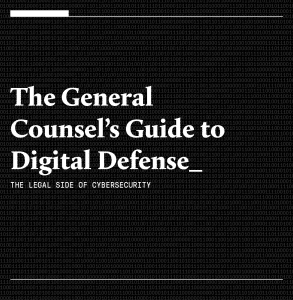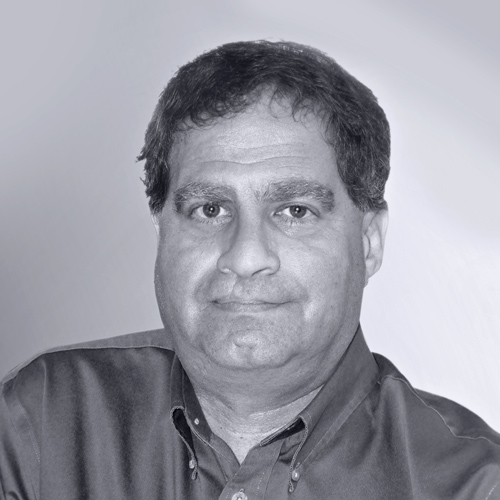Modern Counsel: How did you know you were ready to lead the legal team of a major company like Nissan North America?
Andrew Tavi: I worked for two law firms in Detroit, handling lots of deals for clients in the automotive industry. In 2005, I joined Noble International, a global automotive supplier. It was expanding into Mexico, Europe, and Asia, and took on a lot of debt to fuel that growth. It ended up suffering, as did most of the automotive industry, from the economic downturn in 2008. When the company filed for bankruptcy in 2009, the board appointed me CEO to help with the liquidation. At the time, the environment in the automotive industry was dismal. After completing the liquidation, I interviewed at Nissan in Tennessee and discovered another world. It was the same industry, yet everyone was positive and excited about the future, and it seemed like a well-run company with decisive leadership. My time at Noble and my stint as GC and CEO showed me that I could handle boards and executives, tackle legal issues outside my comfort zone, and make tough decisions. I thought Nissan would be a great place to apply my experience.
“What separates tomorrow’s GC from a competent subject-matter expert is the ability to think like our clients and make strategic decisions that will advance the company’s business objectives.”
MC: Sounds like you enjoyed working at the intersection of legal and business strategy. How have you incorporated that at Nissan?
AT: We established a set of core commitments, so there wouldn’t be any confusion regarding our priorities. To do this job well, you can’t just be a smart lawyer. You need to understand our various businesses, the goals of the client groups you’re counseling, and how to maximize the value of the company. The inside perspective gives us unique insights into how the company operates, what its objectives are, and what is required to move the brand forward.
MC: What is the philosophy behind the tenets? How did you settle on the 11 commitments?
AT: The most consistent theme is that we will understand business objectives and help our clients achieve them. Everything else is designed to help us do that and involves commitments like responding to requests within 24 hours, regular communication, eliminating legal jargon, and presenting advice and options in terms that can be easily understood. If we envision significant risks to something that has been proposed, we do not simply say “No,” but use our collective resources to present viable alternatives designed to achieve the business’ ultimate goals.
MC: What is the biggest challenge of implementing these standards?
AT: It is often difficult for lawyers to go on-record recommending one strategy over another. But that is what they must do. Our lawyers need to be able to explain the risks of certain actions, provide other options, and suggest alternatives they can stand behind. They need to have a high degree of risk tolerance, be comfortable making decisions, and be active members of the executive team.
MC: Has this philosophy changed the makeup of the legal department?
AT: Yes. When I first arrived here, there were many excellent subject-matter experts. They were very deep in a core area, but often didn’t have the perspective that allows for a full view of options or business impacts. So we rotated people across functions, redefined expectations, and brought in a number of lawyers with broader experience. Now we have a great mix of talent. What separates tomorrow’s GC from a competent subject-matter expert is the ability to think like our clients and make strategic decisions that will advance the company’s business objectives.
MC: How do you envision the future of Nissan as a result of the increasingly electronic nature of automobiles?
AT: The industry has completely changed and we need to continue to anticipate and adapt. Our competitors and collaborators used to be the likes of Ford, Toyota, and GM. Now, they include Apple and Google. Cars have become moving computers. Our discussions increasingly focus on electric vehicles, autonomous vehicles, vehicle-to-vehicle communication, data collection, and cybersecurity. Every business function, including legal, needs to understand these new technologies and new challenges, so we can help plan for them and identify potential issues early. We don’t know exactly where we will be tomorrow; regulators, legislators, technology companies, and customers don’t know either. This new world is happening to everyone at the same time, and it’s moving very fast. It should keep our legal department busy for years to come.
Learn more about cybersecurity prevention and response in the legal field with a white paper from Modern Counsel titled The General Counsel’s Guide to Digital Defense. The Legal Side of Cybersecurity. Click below to download this complimentary industry insight report.



